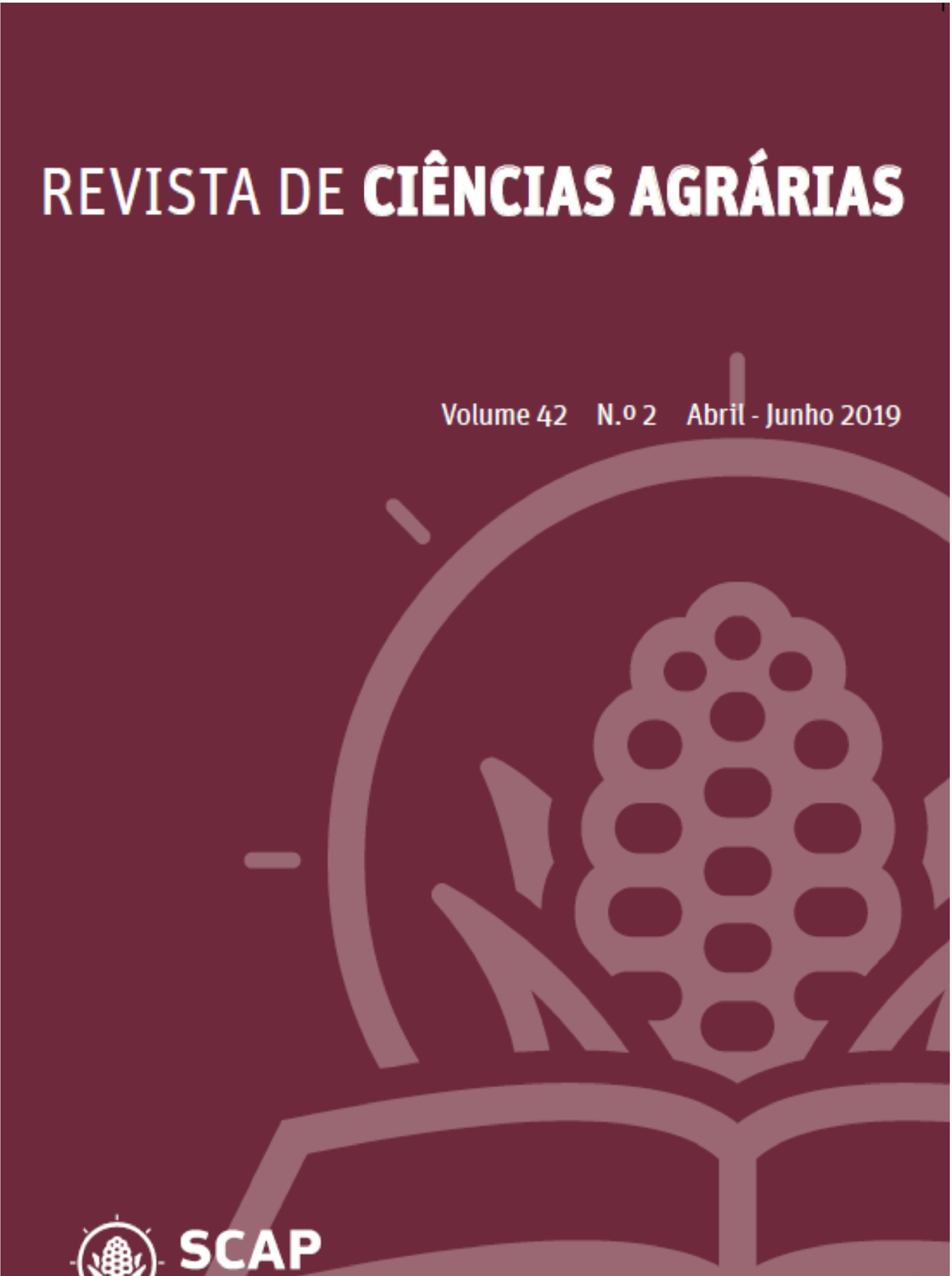The in vitro control of Fusarium proliferatum by propolis ethanolic extracts
DOI:
https://doi.org/10.19084/rca.17471Abstract
In this study, we investigated the in vitro activity against Fusarium proliferatum, chemical characteristics, and antioxidant potential of eight propolis ethanolic extracts (PEE) from Brazil-six from the northern region of the state of Mato Grosso (PEE-1 to PEE-4, PEE-6, and PEE-7), one from the state of Bahia (PEE-5), and the green propolis from Minas Gerais state (PEE-8). The percentage of mycelial growth inhibition (PMGI), and macroconidia and microconidia sporulation of Fusarium proliferatum of these PEEs were evaluated and compared with that of the control (ethanol 70%). The 2% concentrations of PEE-4 to PEE-8 showed significant PMGI in relation to the control. PEE-8 at 2% stood out with the highest PMGI of Fusarium proliferatum and highest antioxidant potential. Among the PEEs that exhibited a significant antifungal action, PEE-8 and PEE-4 presented the highest total flavonoid content and PEE-6 stood out with the highest total phenolic content. Except PEE-1, all the extracts tested showed a reduction of more than 70% in the sporulation of macroconidia PEE-4 and PEE-8 presented predominance of quercetin and kaempferol flavonoids and PEE-6 of caffeic acid. Therefore, the presence of these antioxidant compounds may have contributed to the antifungal activity of these extracts.


